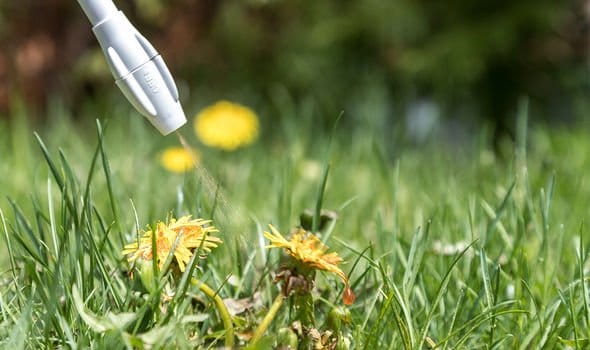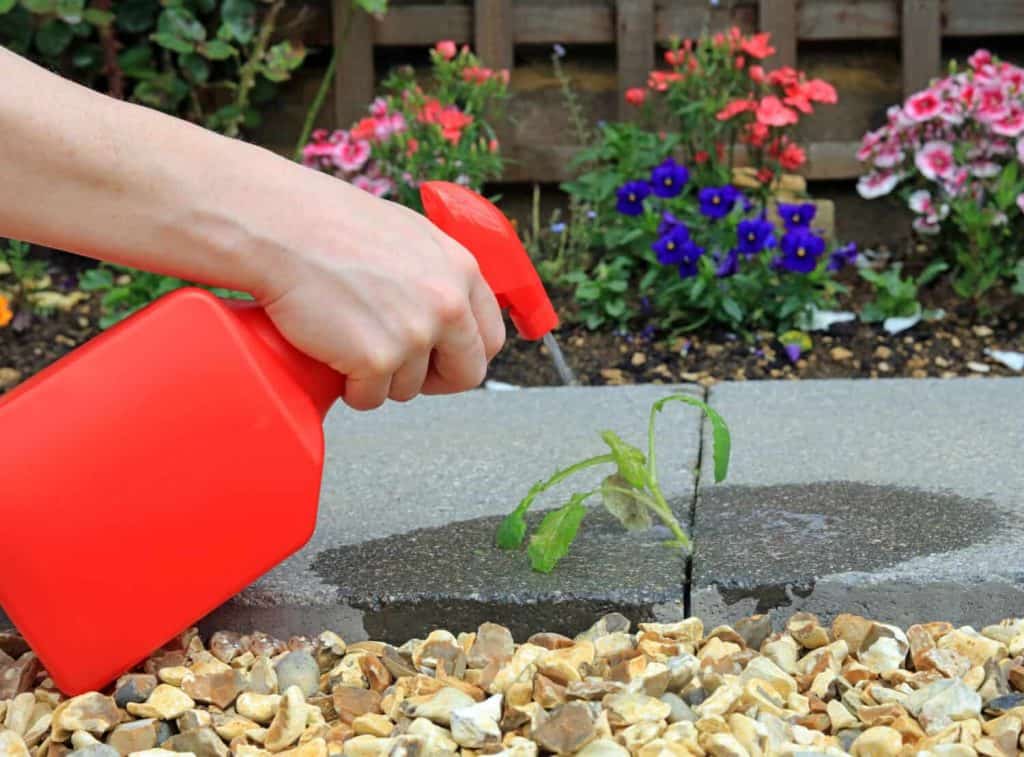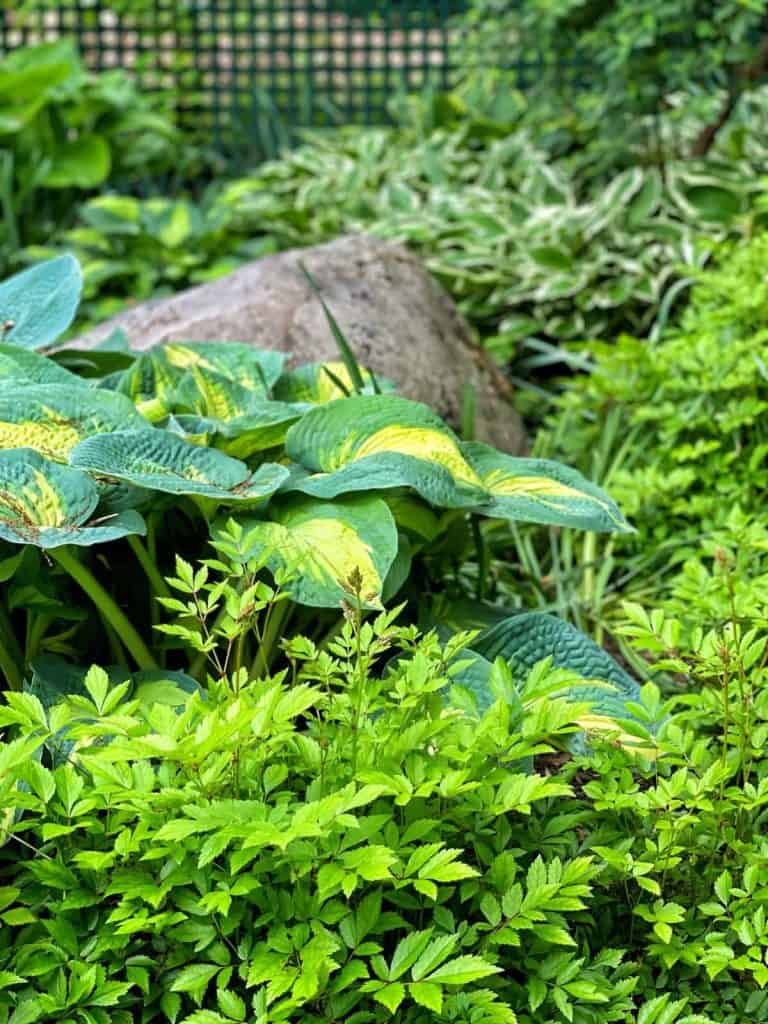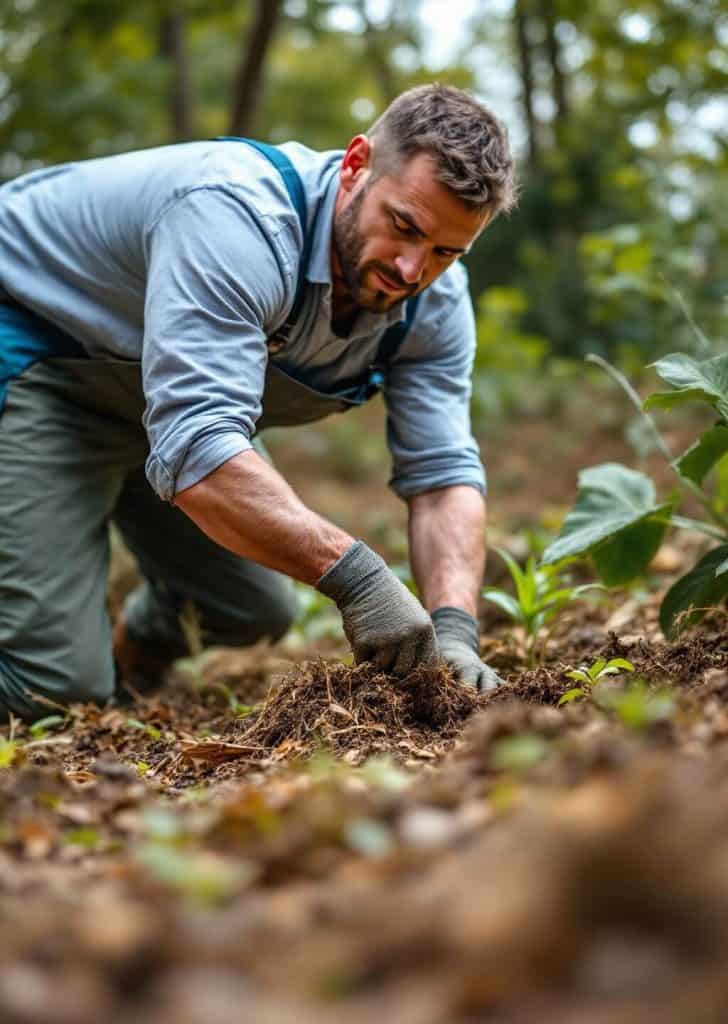Call us: +306949885346
How To Kill Weeds Naturally: Cheap & Easy DIY Weed Killer Recipe

Tired of stubborn weeds ruining your pristine garden, driveway, or walkway?
Before reaching for chemical solutions, consider safer, effective, and budget-friendly alternatives that you can easily make at home.
This comprehensive guide provides practical, actionable advice on how to naturally control weeds, keeping your outdoor spaces healthy and chemical-free.
Why Choose Natural DIY Weed Killer?

Chemical herbicides often come with hidden dangers, harming pets, wildlife, and beneficial plants.
They can negatively impact soil health and contaminate groundwater.
Natural weed killers, however, use everyday ingredients to deliver safe and efficient results, offering a sustainable solution that benefits your environment and wallet.
How Natural Ingredients Work Against Weeds

The secret behind natural weed control is simple science:
- Vinegar: Contains acetic acid, which quickly dries out plant foliage.
- Salt: Disrupts the plant’s ability to absorb water and nutrients from the soil.
- Dish Soap: Acts as a surfactant, ensuring the solution sticks effectively to weed leaves and stems.
DIY Natural Weed Killer Recipe

Ingredients:
- 1 gallon white vinegar (5% acidity)
- 1 cup table salt
- 1 tablespoon eco-friendly dish soap
Tools Required:
- Garden sprayer or spray bottle
- Protective gloves and eyewear
Step-by-Step Instructions
- Mix Ingredients Properly
- Combine vinegar, salt, and dish soap in your sprayer.
- Shake gently until salt dissolves completely.
- Choose the Right Conditions
- Apply on a warm, sunny day when no rain is expected for at least 24 hours.
- Sunlight significantly improves the effectiveness by speeding up weed dehydration.
- Precise Application
- Spray directly onto the weeds, thoroughly coating leaves and stems.
- Be cautious and avoid spraying desirable plants or lawns to prevent unintended damage.
- Evaluate and Reapply if Needed
- Notice results typically within a few hours, full effectiveness usually within 1-2 days.
- Stubborn or mature weeds may need a second treatment after 48 hours.
Frequently Asked Questions (FAQs)
Will this weed killer harm my other plants?
Yes, the solution can harm desirable plants. Apply carefully and directly onto weeds only, avoiding nearby vegetation.
Can I use this DIY weed killer on my lawn?
No, this solution is not selective and will kill grass. Use carefully around lawns, limiting its application to driveways, sidewalks, or isolated weeds.
Is this safe around pets and kids?
Yes, it’s safer than chemical herbicides but still use caution. Allow treated areas to dry completely before allowing pets and children access.
How often should I apply this DIY weed killer?
Apply as needed. Typically, once every few weeks to control emerging weeds. Avoid overuse to prevent soil contamination by salt.
Additional Natural Weed Control Methods

- Manual Weed Removal: Regularly pulling weeds when young makes the job easier.
- Mulching: Prevent weed growth naturally by maintaining a 2-3 inch layer of mulch.
- Boiling Water: Ideal for killing weeds in driveways and sidewalks, use cautiously near desired plants.
- Corn Gluten Meal: An organic weed preventive for lawns; it suppresses weed seed germination.
Preventing Future Weed Growth
- Maintain healthy soil through regular fertilization and composting.
- Keep garden beds and lawns properly mulched or covered.
- Regular inspection and prompt action help keep weed problems manageable.
Common Mistakes to Avoid
- Overapplication: Excessive use may degrade soil health.
- Misapplication: Avoid careless spraying that harms desirable plants.
- Improper Mixing: Incorrect ratios can reduce effectiveness.
Troubleshooting Common Issues
- Weeds Not Dying Quickly: Ensure solution strength and weather conditions are appropriate; reapply as needed.
- Persistent Weed Return: Incorporate additional methods like mulching and manual removal for long-term control.
Safety Precautions
- Always wear gloves and eye protection during preparation and application.
- Store mixture safely away from children and pets.
- Label clearly if storing unused solution.
Conclusion
Using this DIY natural weed killer is an effective, economical, and environmentally-friendly way to maintain your outdoor spaces.
Embrace sustainable gardening methods and keep your yard beautiful without harmful chemicals.
I’m Anastasios Moulios, co-founder of DIY Cozy Living. I enjoy finding creative, practical ways to make small spaces feel warm, stylish, and lived-in. I started this blog with Katerina to share real ideas that make a home feel a little more personal and a lot more comfortable.
